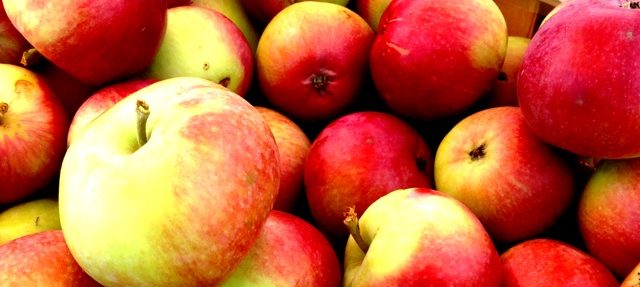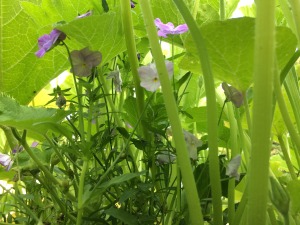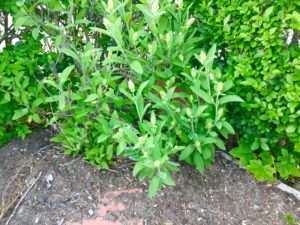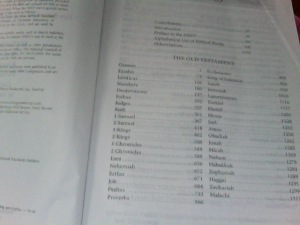[Wisdom] will save you from the way of evil, from those who speak perversely, who forsake the paths of uprightness to walk in the ways of darkness, who rejoice in doing evil and delight in the perverseness of evil; those whose paths are crooked, and who are devious in their ways.
You will be saved from the loose woman, from the adulteress with her smooth words, who forsakes the partner of her youth and forgets her sacred covenant; for her way leads down to death, and her paths to the shades; those who go to her never come back, nor do they regain the paths of life.
Therefore walk in the way of the good, and keep to the paths of the just. For the upright will abide in the land, and the innocent will remain in it; but the wicked will be cut off from the land, and the treacherous will be rooted out of it. Proverbs 2:12-22, NRSV
[NRSV, The Discipleship Study Bible, Louisville, KY: Westminster John Knox Press, 2008]
In a footnote on this passage, Kathleen Farmer makes the case that the path leading to wrongdoing is personified as “the loose woman,” the counterpart to the path of Wisdom also personified as a woman. The path to life and the path to death are both depicted as beautiful women who do their best to influence the hearts and minds of young men. Choosing one of these women is really choosing a lifestyle, a direction for life; it’s temptation in a larger sense, not just in an immediate wow-is-she-good-looking sense.
Things being personified as women is not a new thing: ships, airplanes, cars, countries, and bodies of water are often “shes,” and the allure they hold is sensual and strong. The Muses are the various Art pursuits embodied as women and portrayed on countless buildings, in untold paintings, and dancing through both poetry and prose. Ideals as well as objects are often identified as gendered, and very often that gender is female. Things that attract and lure, fostering or jeopardizing life, have feminine pronouns; things that rule (e.g. Zeus) or hold direct power (Lord, King, etc) are very often personified as male. Why is that?
There are university departments dedicated to this question, and in the past few decades gender has become a major factor in public dialogue and in political life. Some feel the whole thing has been blown out of proportion, some feel that there isn’t nearly enough attention paid to it. Strong emotions are involved either way. One thing is very clear: the language we use and the images we associate with them are powerful. Deep levels are involved, some running below conscious thought.
Wisdom as a virtuous woman and Folly as a loose one may be appealing or offensive personifications, but I do think they get at an important truth: there’s a lot more to choosing a life path than reasoned assent. Where the feet go commits body as well as mind and soul. Choose well.





